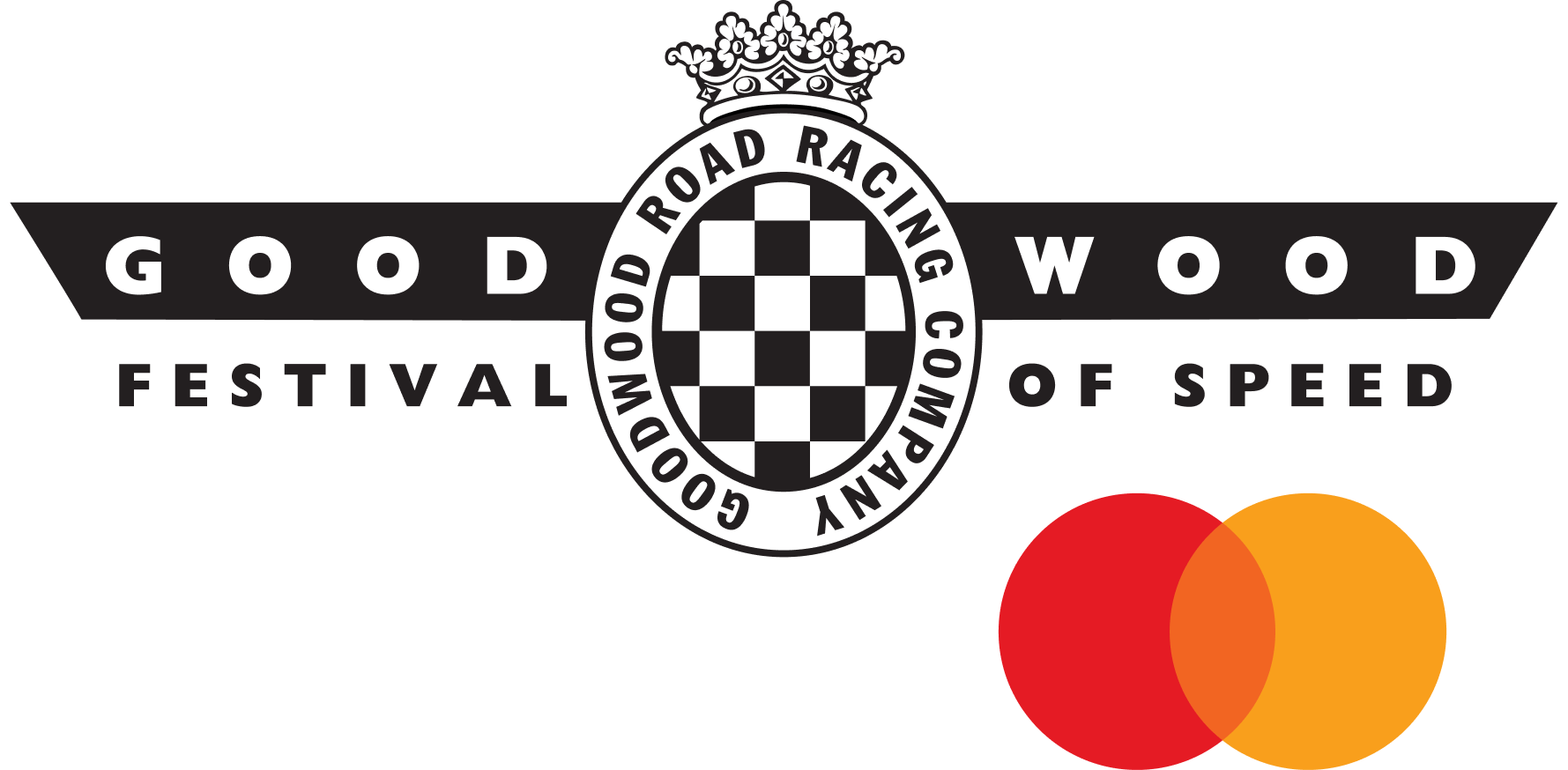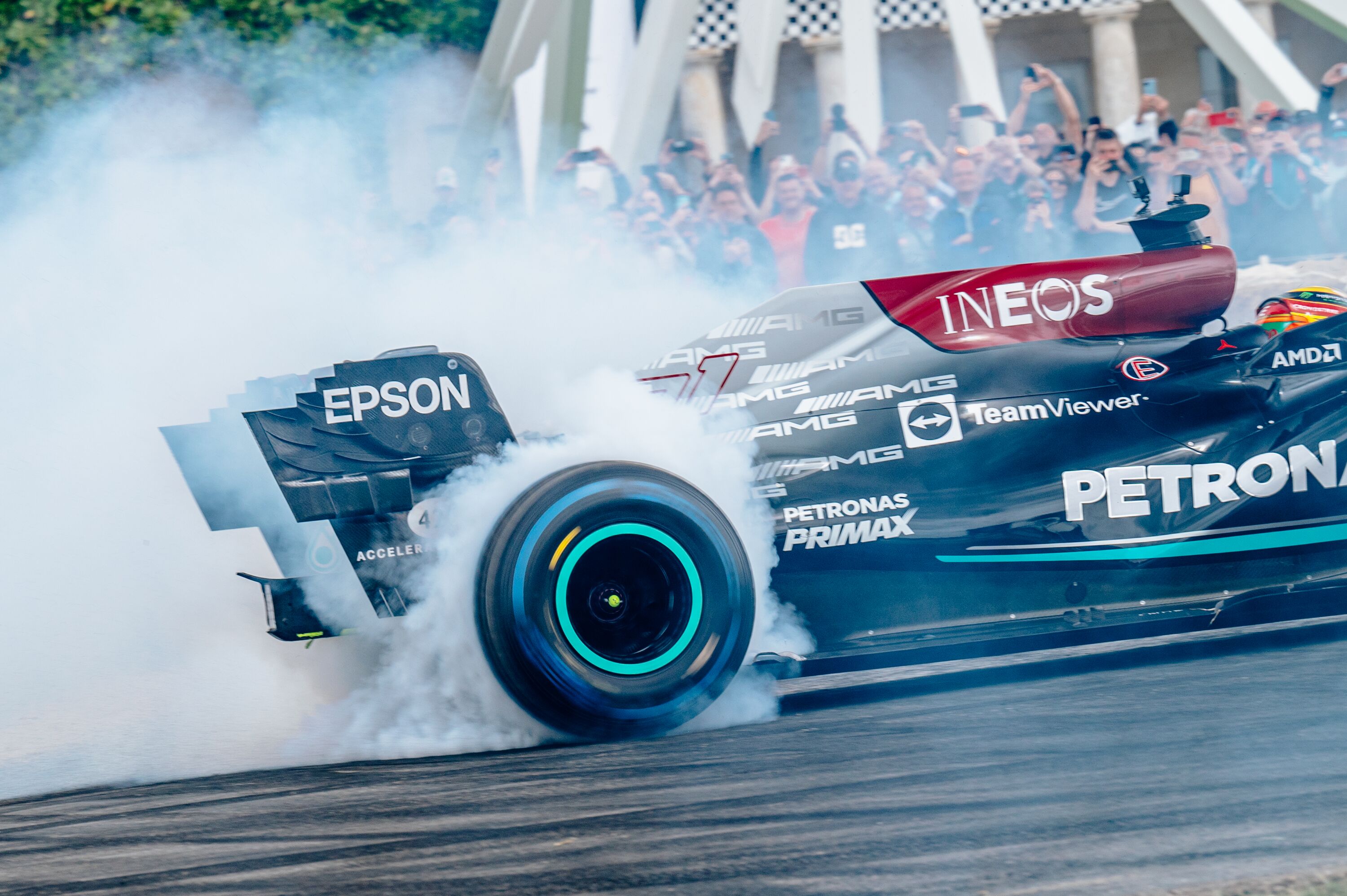Five times the Lotus 72 won against the odds
It almost ended with a podium – five years, five months and 21 days after it had begun. Ronnie Peterson was hounding the brake-hampered McLaren of Jochen Mass for third place when over-ambition on flat-spotted tyres saw him run wide on the final lap of the 1975 Grand Prix of the United States; and James Hunt’s Hesketh darted through the gap. Thus the remarkable Lotus 72, in its fifth iteration (of six), scored ‘just’ two points on the occasion of its 74th and last world championship start.
It was in truth long past its best-by date. Its teeth had grown long. Brackets adorned brackets. Yet this old dog, which had taught Formula 1 so many new tricks, could on occasion run with the pack still.

The previous season indeed, having chased off its supposed successor, it had won thrice in Peterson’s fast and moulding hands.
Overseen by Colin Chapman, this design by Maurice Phillippe had prioritised integrated aerodynamics rather than bolt them on as an afterthought. Its wedge shape – adopted and adapted from Lotus’ turbine-powered Indy challenger of 1968 – was intended to generate downforce across the car’s entire plan area. The packaging problems this caused, viewed as opportunities rather than inconveniences, were brilliantly overcome: hip-mounted radiators, and bespoke compound torsion bars, operated by rockers and transferring loads via pullrods, that offered rising-rate springing.
Chapman wanted a softly sprung car capable of running longer on softer tyres: hence its inboard brakes – heavy iron discs – front and rear. But also he knew the value of a stable aerodynamic platform: hence its anti-dive and –squat geometries.
Number one driver Jochen Rindt, another blessed with fast, moulding hands, hated the lack of feel generated by this complicated set-up and persuaded Chapman, no easy task, to remove it after disappointing early performances.

1970 Dutch Grand Prix
A commanding pole position compromised by a chaotic start, Rindt sweeps around Jacky Ickx’s Ferrari at Zandvoort’s banked Tarzan curve to take the lead on lap three. This was, he opines after a comfortable victory, the only time he had tapped the car’s potential.
Rindt was champion elect after four consecutive wins in Type 72 – plus an interregnum Monaco victory aboard a 49C – when he crashed fatally during practice at Monza, his car turning sharply left into an inadequately secured barrier. He was running without wings, seeking more straight-line speed; the accident’s cause, however, was a broken front brake-shaft.
Newcomer Emerson Fittipaldi was there that fateful weekend, albeit sidelined already after crashing his 72 – chassis R5 – beyond immediate repair. His fourth GP start would therefore be delayed – Lotus withdrew from the Italian GP and absented itself from the Canadian – and was to be undertaken as team leader. He was 23 and straight out of Formula 3.

1970 US Grand Prix
Feeling ill and under pressure, Fittipaldi fluffs his start from the second row and drops to eighth. He is back in the right place at the right time, however, when Jackie Stewart’s runaway Tyrrell loses its oil and the BRM of Pedro Rodríguez makes a splash-and-dash with nine laps to go.
That lack of experience would come home to roost during a problematic 1971: a batch of dodgy DFVs; an unsettling switch to lower-profile tyres; and a road smash in a Ford Capri. In thrall to the turbine still, Chapman was slow to meet Fittipaldi’s requests. A one-piece wing, reworked rear suspension – a second radius rod, and parallel links replacing lower wishbones – plus Koni dampers and bump rubbers finally had the car to the Brazilian’s liking. Just in time for 1972.
Victories in non-championship races at Brands Hatch and Silverstone preceded GP wins in Spain – the first for the black-and-gold of John Player Special – Belgium, Britain (defeating reigning champion Stewart) and Austria (ditto). The title was in Emmo’s pocket. But then the transporter crashed en route to Monza and the redoubtable R5 had to be readied and rushed into action.

1972 Italian Grand Prix
A troubled practice topped by a burst fuel tank during morning warm-up, Fittipaldi – needing only two points to become world champion – plays a waiting game. It pays dividends when the leading Ferrari of Ickx peels into the pits with nine laps to go.
Fittipaldi’s 1973 title defence kicked off with six consecutive podiums, including three wins from four – but Peterson’s arrival had altered the team dynamic: Chapman had fallen for ‘Superswede’ – his speed and spectacular method – and his champion in turn began to feel underappreciated.

1973 French Grand Prix
An unusual rush of blood causes Fittipaldi to collide with the McLaren of leader Jody Scheckter – and Peterson, who sagely had let his team-mate through after 21 laps chasing the upstart South African, emerges from the dust and recriminations to score a breakthrough GP win.
Fittipaldi’s crash during practice at Zandvoort – when a front wheel collapsed – wrote off his beloved R5 and accelerated the momentum shift. Chapman’s decision not to order Peterson aside at Monza – thus ending Fittipaldi’s long shot at the title – was further proof: Emerson joined McLaren for 1974 and would become a two-time champion, while Peterson worked minor miracles in the Lotus they couldn’t hang.

1974 Monaco Grand Prix
Peterson clips a barrier and spins from third place, is struck by Carlos Reutemann’s Brabham, which retires on the spot, and loses three places. Fewer than 30 laps later, the inspired Swede and his warhorse take a lead that they hold to the finish.
The replacement Lotus 76 had been a disappointment – in fairness it had a lot to live up to – and Peterson in particular would remain unconvinced. He stuck with the 72 to win the French GP and, as late as September’s Italian GP, left the unloved ‘future’ languishing in the transporter to win in the ‘spare’: the 20th and final GP victory for a 72.
It couldn’t last, of course, and time eventually overtook even this futuristic machine. When ‘likely lads’ John Watson, Jim Crawford and Brian Henton got their hands on it – in its final form, with coil springs at the rear – the 72’s story was to all intents and purposes over.
Henton was still running at the finish of the 1975 Grand Prix of the United States but was 10 laps down – after a damaging spin and a later collision with a barrier – and was unclassified.
‘Superhen’ was driving a reconstituted R5. The mangled original was for a time used to store technical drawings back at HQ, but Classic Team Lotus has since rebuilt it. A reunion at Goodwood’s 2019 Festival of Speed brought Fittipaldi to tears.
Lotus 72 is that sort of car – as charismatic as it was successful – its legacy assured even before factoring its inspiring of a pre-teen Adrian Newey.
Images courtesy of Motorsport Images.
Members Meeting
Lotus 72
Lotus
Formula 1
Ronnie Peterson
Emerson Fittipaldi
Jochen Rindt
































































